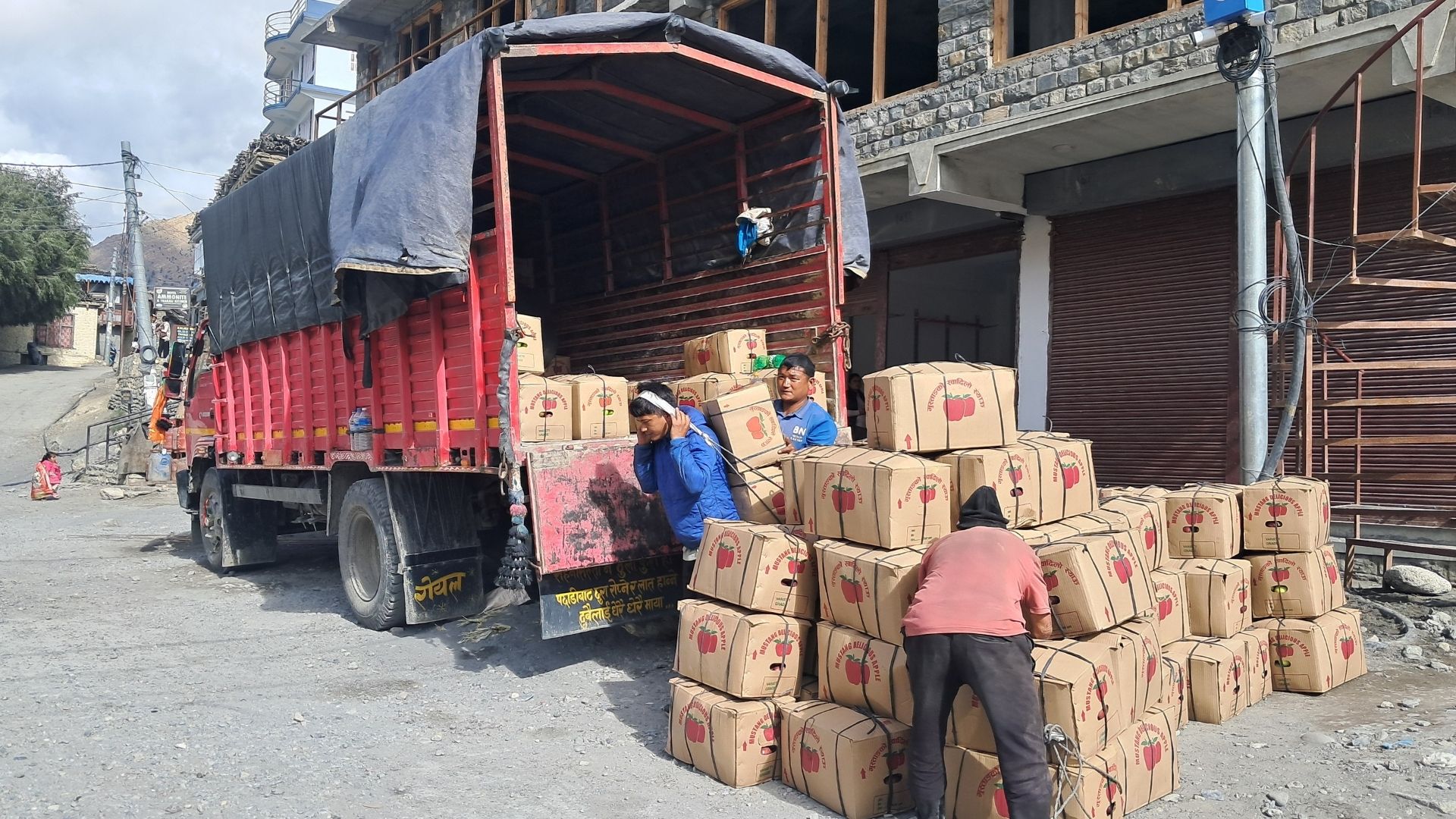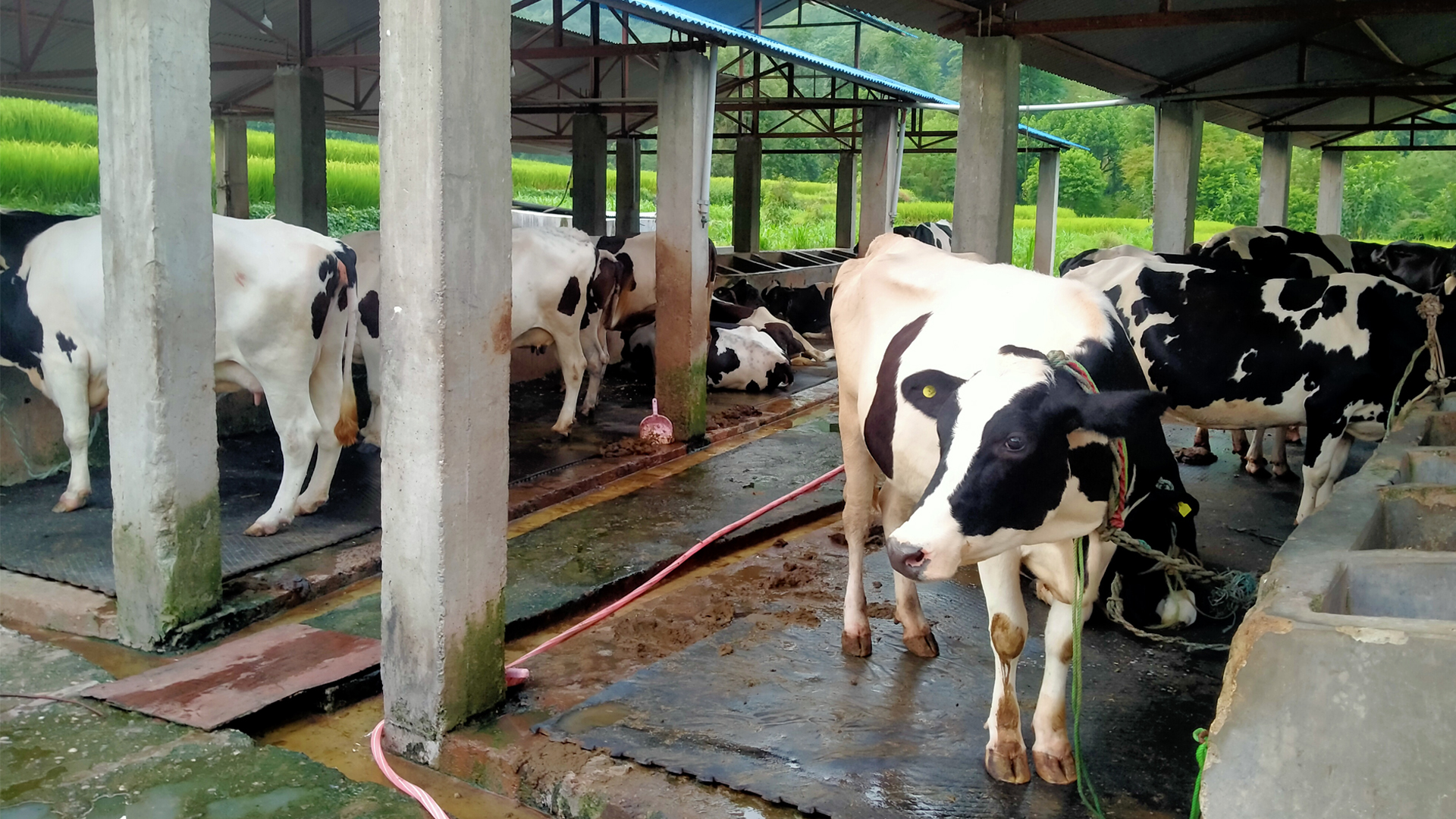→Are you into the food business?
If you are producing, selling, distributing, exporting, or importing “foodstuffs” then you are regulated under the Food Act 1967.
→But what does “foodstuffs” mean?
Produced, processed, semi-processed, or raw items that are typically consumed or drunk by human beings.
This includes products, such as fruits, vegetables, grains, meat, dairy, beverages, and other edible items.
Additionally, the term “foodstuffs” encompasses spices, food additives, as well as substances used for enhancing color or aroma in food and drinks.
→What is the purpose of this law?
It is to regulate and control the:
- quality,
- production,
- processing,
- storage, and
- distribution of food products.
→Why should you be aware?
The law came into force to ensure the availability of safe and wholesome food to the public and protect consumers from adulterated or substandard food.
It empowers the government to establish standards and guidelines for food safety, labeling, and packaging. It also sets requirements for food businesses, including licensing, inspections, and penalties for non-compliance.
→Things to keep in mind!
- You need a license: Make sure to obtain the necessary licenses if you are intending to produce, sell, distribute, store, or process foodstuffs. The specific type of license will depend on the nature and scale of the business.
- Maintain safety standards: Selling adulterated and substandard food products is strictly prohibited and regulated.
- Be honest: You should not sell or distribute foodstuffs using misleading information, such as falsely claiming them to be a different type of food or misrepresenting their quality to be higher than it is.
- Be inspection ready: A food inspector might check your premises, storage facilities, production processes, and quality control measures.
- Liability and Penalties: Any non-compliance would attract penalties and you would be held liable depending on the nature and extent of the violation. In the case of a body corporate: the chief operating officer carries out the duties. In the case of a firm: the partner or owner.


















